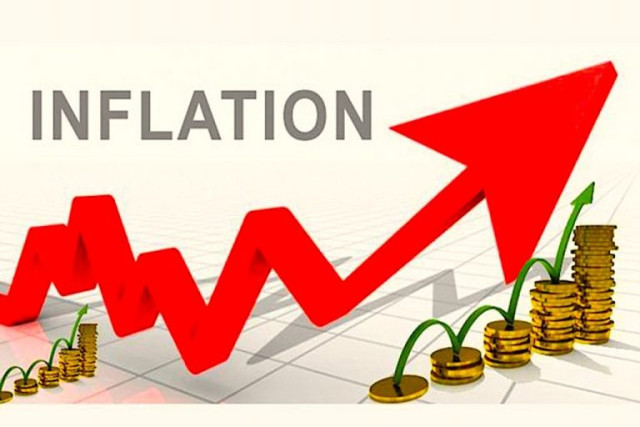The Chairman of the Nigerian Economic Summit Group, Niyi Yusuf, has called for immediate sectoral reforms as Nigeria navigates a challenging economic landscape.
He noted that inflation, elevated interest rates, and sluggish growth in various sectors continue to threaten economic stability and may persist this year if not properly addressed.
During his recent address at the Lagos Business School, Yusuf provided an evaluation of Nigeria’s economic outlook for 2025, stressing the critical need for reforms to stabilize the economy and promote sustainable growth.
He pointed out the uneven performance across sectors, revealing that only four sectors oil and gas, ICT, finance, and water resources experienced growth exceeding five percent in 2024, while these sectors contributed minimally to job creation.
“The sectors that should generate employment, such as agriculture and construction, are not performing well,” he remarked.
With over 92 percent of Nigerians employed in the informal sector, he underscored the necessity for policies that focus on creating decent job opportunities, aligning with Sustainable Development Goal 8.
Yusuf highlighted inflation as a significant issue, with rates reaching 34 percent in mid-2024 and expected to remain above 20 percent through 2025.
He explained that food inflation, a major factor, is driven by insecurity that has displaced farmers in the north and by post-harvest losses, which account for nearly 50 percent of perishables.
“If we do not tackle insecurity and enhance agricultural productivity, food prices will continue to be a heavy burden,” Yusuf cautioned.
He also addressed the challenges arising from Nigeria’s foreign exchange crisis, where crude oil and gas represent 96 percent of earnings. Although the Central Bank of Nigeria has made efforts to reduce the gap between official and parallel market exchange rates, the economy still heavily depends on oil revenues.
The NESG chairman advocated for diversification, stating that an economy reliant on imports, coupled with high inflation and a fluctuating exchange rate, “makes the poor poorer.”
He pointed out that monetary policies aimed at controlling inflation have unintentionally put pressure on businesses. With interest rates at unprecedented highs, borrowing has become difficult, resulting in an increase in non-performing loans. “It is challenging for businesses to secure loans at interest rates of 10 to 13 percent and remain profitable,” Yusuf noted.
He added that high energy and security expenses accounting for 55 percent of operating costs for many businesses exacerbate the situation.
Regarding infrastructure, Yusuf highlighted inefficiencies in energy and transportation. He stated, “We require investment in infrastructure, including digital and energy systems, to lower costs for businesses.”
He criticized the numerous checkpoints along trade routes, such as the 62 between Agbara and Seme, which impede export growth and inflate costs.
Despite these obstacles, Yusuf recognized areas of advancement. He praised the efforts to liberalize foreign exchange policies, which have boosted market activity, and expressed hope for improved trade balances as crude oil production increases.
The NESG chairman also pointed out the potential of local sourcing, policy advocacy, and financial literacy to assist businesses in navigating economic challenges.
Looking ahead to 2025, Yusuf proposed a recovery roadmap. He urged the government to prioritize policy stability, institutional reforms, and investments in security and infrastructure.
“We must stabilize the energy sector, address insecurity, and streamline governance by reducing the number of ministries, departments, and agencies,” he stated, referring to the over 890 entities that strain public resources.
For businesses, Yusuf suggested strategies to enhance resilience, including local sourcing, cost optimization, and adapting to changing consumer behaviors.
He emphasized the importance of leveraging technology and artificial intelligence to discover new opportunities. “Every business should consider how to utilize AI and expand its market beyond Nigeria,” he advised.
Yusuf concluded with a call for collaboration, encouraging individuals to engage with policy advocacy groups and chambers of commerce to amplify their voices.
“We all need to advocate for the changes we require,” he said.
He also stressed the necessity for regulatory reforms that are “pro-growth and pro-consumer” to create a favorable environment for businesses.
Related Article
Inflation easing in 2025- LCCI
Inflation, High Interest Rates Threaten Economic Growth - Analysts




















